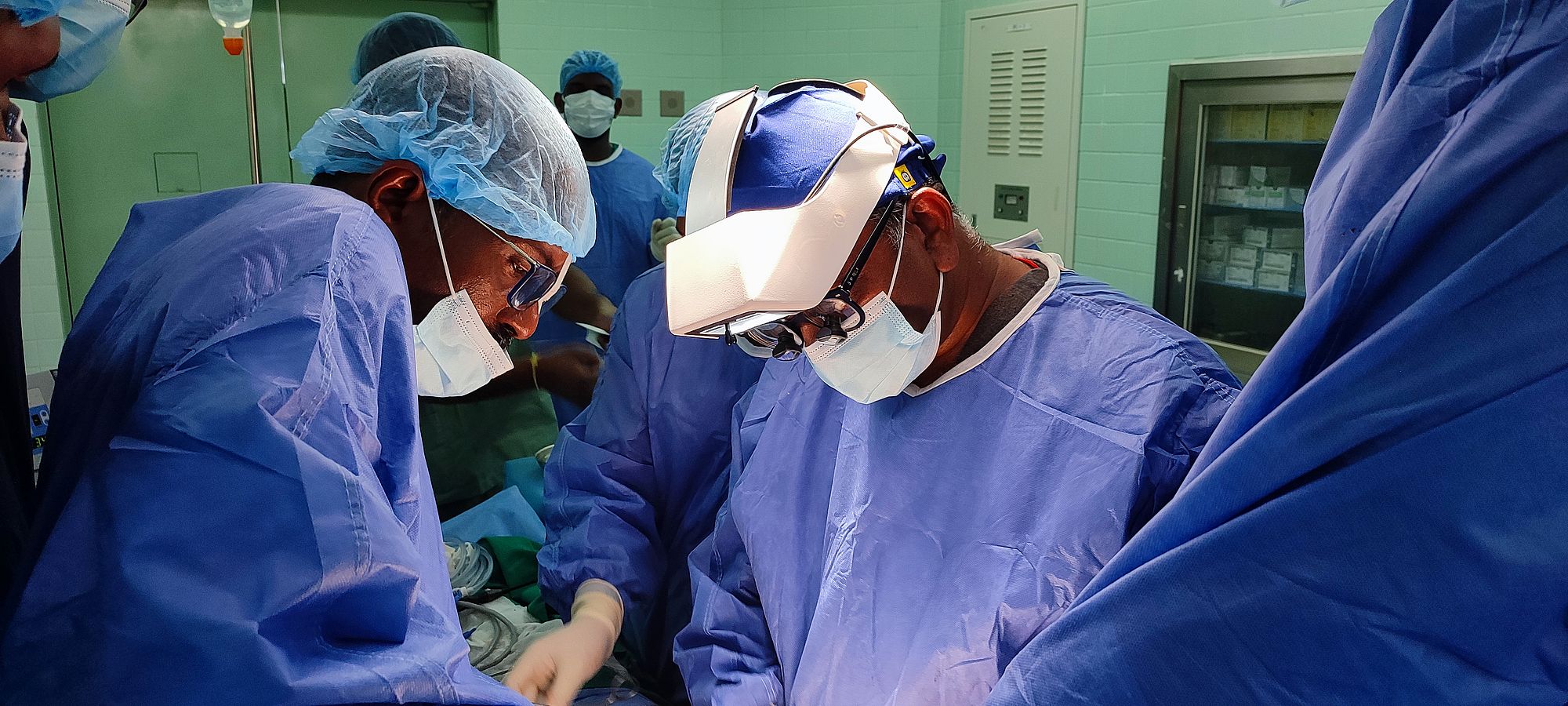Setting up a Liver Transplant Program in Sudan
ILTS President, Dr. Mohamed Rela, has been on the forefront of setting up a liver transplant program in Sudan. On 22nd July 2022, the first ever living donor liver transplant in a public sector hospital was successfully performed in Sudan.
 Sudan is Africa’s third largest country and has a population of over 45 million. Abundantly fed by the Nile, it is a country with a rich heritage dating back over 4000 years. However, its recent history has been chequered with political turmoil, armed conflict andnumerous health-related issues – including chronic liver disease. With an archaic public health system with tertiary care limited to few centres caters to a large impoverished rural and immigrant population, health care in Sudan is fragmented and sporadic.
Sudan is Africa’s third largest country and has a population of over 45 million. Abundantly fed by the Nile, it is a country with a rich heritage dating back over 4000 years. However, its recent history has been chequered with political turmoil, armed conflict andnumerous health-related issues – including chronic liver disease. With an archaic public health system with tertiary care limited to few centres caters to a large impoverished rural and immigrant population, health care in Sudan is fragmented and sporadic.
Sudan is categorized as a high-risk country for Hepatitis B, with a seroprevalence of up to 60%. Apart from viral hepatitis, schistosomiasis and aflatoxin-related liver injury are other commonly encountered causes of liver disease in this population. The need for liver transplantation was recognized at the turn of the century, and a few abortive attempts were made to perform the operation. Patients were thus referred overseas to Egypt, Iran and India for LT. The expenses were all borne by the patient. In a financially challenged country, with a remarkable rich-poor divide, this meant less than 1% of the population had a realistic chance of undergoing high-end treatment.
A cohesive, dedicated and perseverant attempt at establishing a liver transplant program in the public sector was undertaken as early as 2006 by Sudanese doctors like Dr Abdel Mounem, Dr Abdulrahaim Dabora and others from their diaspora. The aim was to offer liver transplantation free of cost in the public sector, so as to benefit the financially disadvantaged. Given the social, cultural and religious milieu it was also recognized that a deceased donor program might not be successful in the first instance.
A concentrated and more focused effort was made in the last 5 years wherein ILTS President, Prof. Mohamed Rela and his team were involved in systematically crystallizing the intention of setting up a liver transplant program. Multiple visits to Sudan by Prof. Rela’s team were made to check the local logistics and infrastructure capabilities. Liver clinics in conjunction with the local hepatologists were conducted to sensitize them on practical aspects of patient selection and optimization.
An initial timeline for the operation was set for 2020, which was, however, delayed due to the pandemic and regional conflict. Finally, on 22nd July 2022, the first ever living donor liver transplant in a public sector hospital was successfully performed in Sudan. The recipient was a patient with Hepatitis B-related end-stage liver disease. His niece came forward to donate her right lobe of the liver. The donor and recipient were discharged home on the 5th and 11th postoperative days respectively.
A seminar was conducted the next day to showcase the achievement. Government officials including the Health Minister of Sudan and various officials including ambassadors attended the meeting. Over 250 delegates attended the seminar where Prof. Rela delivered a talk on his journey of three decades in liver transplantation. His speech resonated with the sentiments of many overseas trained doctors in the audience. The ILTS was well represented by Dr Ashwin Rammohan, Vice-chair of the Vanguard Committee, Dr Akila Rajakumar, ALF SIG member and other members of the society. The ethos and education value of becoming an ILTS member were well-received with eagerness by Sudanese and Ethiopian colleagues.

It is indeed a tremendous achievement in a country which is grappling with political turmoil, tribal conflicts, financial crisis and several infectious healthcare issues like malaria. A stellar example that given the dedication of a few visionaries, their undying enthusiasm and perseverance, combined with constructive and structured mentorship, even a country which is ranked 159th in the global prosperity index can provide the best and the most exclusive of treatments for its citizens.





